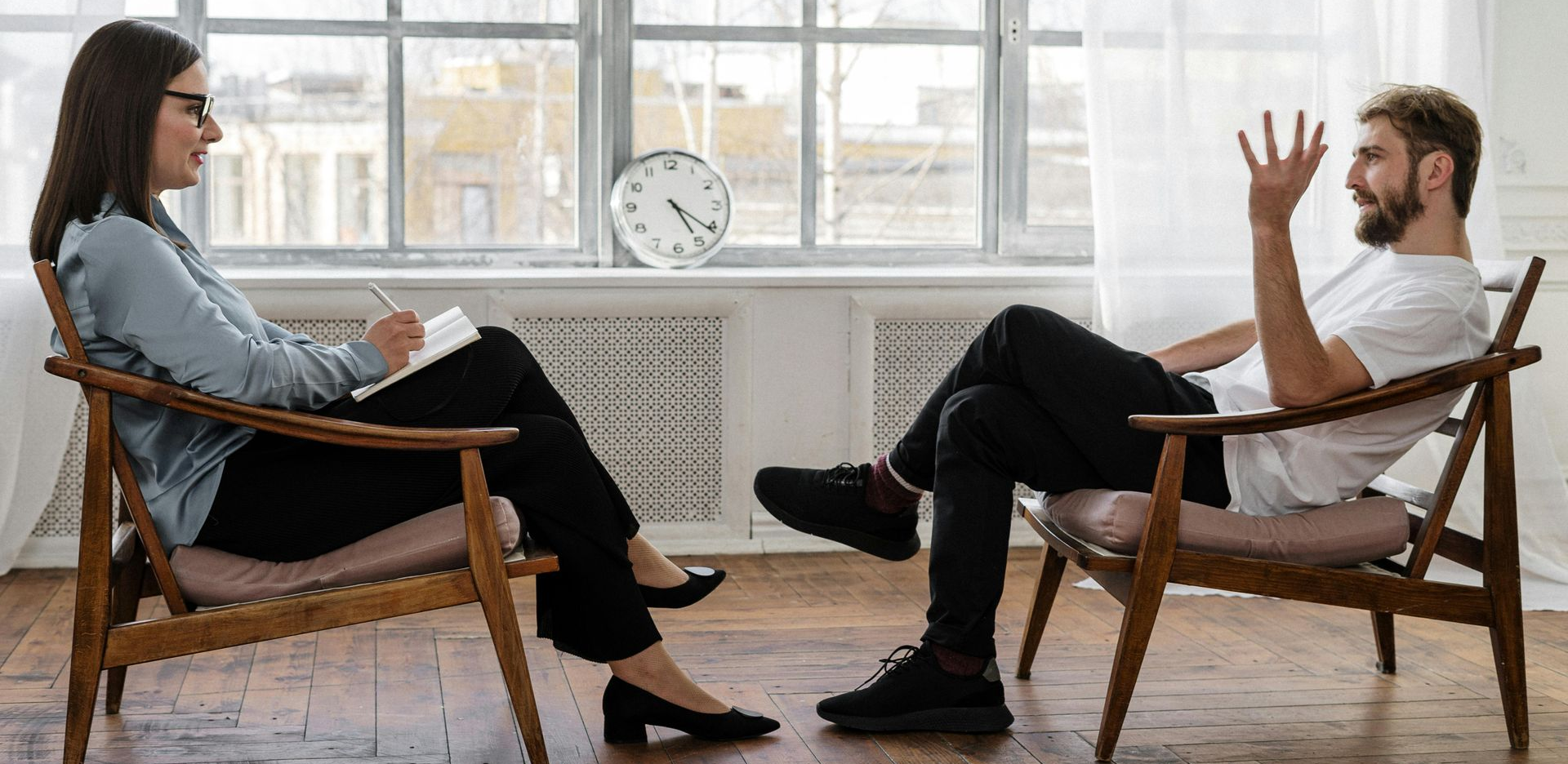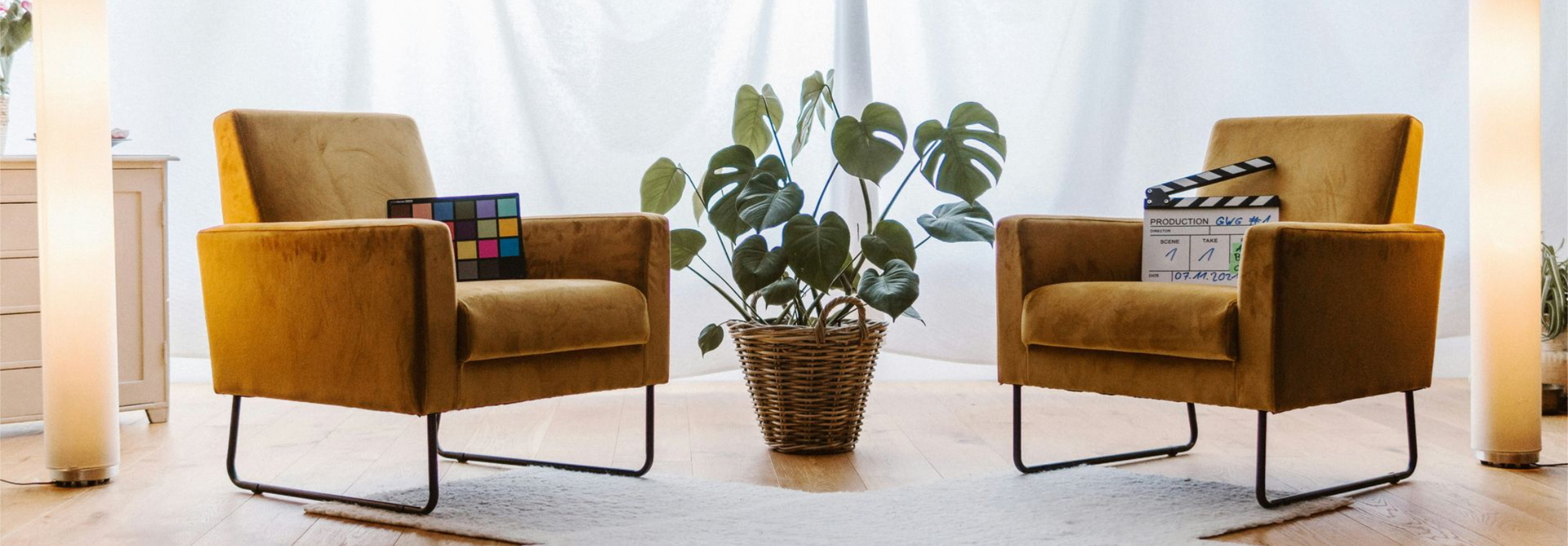The treatment of anxiety
Anxiety disorders
About eighty percent of all those that come to my office suffer from, amongst other complaints, of acute anxiety disorders. this series of blog entries will therefore focus on trying to demystify the causes and treatments of anxiety.
Usually, the patient will come in after a prolonged and painful period of gradually building-up anxiety, which will usually culminate in full-blown panic attacks, tied in with insomnia, digestive disturbances and all kinds of psychosomatic complaints. The disturbances will no longer be in the realm of the purely psychological, they would have crossed over into the body, i.e. physical.
It is then, and only then, in this « peak » or acute stage of anxiety, that a person will contact a therapist, often after having been advised to do so by the médecin généraliste, or GP. There might also be, more often than not, various scans, IRMs, blood tests, urine tests and whatnots to eliminate any underlying organic illnesses. The verdict being; everything is alright. But everything is not alright, and the feeling is one of utter misery, loneliness and despair.
Without exaggeration, I can say that in my many years of practice, even the most acute forms of anxiety have found massive relief after two, or, one-and-a-half months of once a week therapy. This means from six to eight sessions. Six to eight sessions are necessary for an acute case to stop having unexplained panic attacks which leave them completely bewildered as to where their anxiety is coming from. From here on, one of two things can happen. The patient, having finally acquired the relief that the panic attacks are no longer happening and controlling their life, chooses to stop therapy and continue their life as before, with some adjustments of course, or, they choose to continue therapy and embark on a journey of self-exploration and a complete fortification and turn-around of their former anxious, fragile self, into a calm, composed, self-assured and strong individual, capable of holding their own in our demanding world.
The latter only happens in about five percent of cases. Most people only wish to get rid of anxiety, without necessarily tackling it, lifting the lid off and seeing what is underneath it. This is perfectly fine, and everyone’s intuition about how far they dare to go should be respected because it is always spot on.
However, what should be emphasized is that anxiety disorders are not that difficult to treat, despite the presumptions. Yes, eliminating anxiety completely is impossible for anyone aside from Arnold Schwarzenegger’s character in Robocop. Anxiety, especially existential anxiety, is part of what makes us human beings. Yet extreme, debilitating forms of anxiety and panic attacks are relatively easy to get rid of. Across a wide spectre of therapies, the six-week to two month mark seems to be a constant.
So yes, there is definitely hope. In the next blog entry, I will explain what happens in the six to eight sessions that makes so much of a difference in lowering anxiety levels.
Anxiety and control
I have had many anxious patients tell me the same story. Well meaning relatives, friends, even therapists, tell them to just « let go of control », « stop trying to control everything » and « just go with the flow ». The arguments given by these well-meaning people are that the world we live in, and life in general, is by far unpredictable and so it makes no sense worrying about a possible catastrophic future scenario. Yes, our world and our lives are unpredictable indeed, and the recent lockdown situation and the COVID pandemic have once again shown us that. And so, yes, technically, worrying amounts to nothing more than waste of precious mental and physical energy. And yet, telling an anxious person not to worry is so counterproductive it is borderline criminal.
Any therapeutic approach dealing with anxiety must, in my firm opinion, focus on regaining more, and not less, control. Control over events, over emotions, over life in general. An anxious person often feels like a leaf in the wind, the slightest breeze sending them swaying this way or that, unable to decide or choose anything relating to their destiny. Feeling this weak is no way to live.
When we increase control over our environment, anxiety diminishes. This is a fact. In fact, the most terrifying anxiety is that of the helpless infant or baby, who is entirely dependent upon the care of another. If the adult is responsible, warm and dependable, this forges a strong personality for life. But if the adult is whimsical, abusive and/or neglectful, this sets the tone for an anxious predisposition, possibly life-long, unless treated.
So, with any kind of anxiety symptom, the therapist must teach the patient how to have more control over their life, not less. This can be done in small, practical steps. For example, preferring reliable friends over unreliable ones. Taking an active rather than a passive approach over diet, exercise and physical health in general. Standing up to oneself in the workplace and demanding clear communication from clients and superiors. In this way, as anxiety diminishes, self-esteem will rise.
Who is anxious and why? Where does it come from?
Anxiety has its roots in childhood. And, as always, it is hard to demantle what is genetic and what is due to upbringing. This means it is probably fifty/fifty. From what I have been able to observe in my clinical practice, for a child to develop into an anxious adult, he or she needs two genetic « suitcases » or « bagages » as we say in french. The infant needs to be blessed with an above average intelligence, and an acute sensitivity. These two traits are very positive ones. The problem arises when fate, or life, or watever we want to call it, puts that same child in the midst of a very unstable, constantly changing environment. This can be an environment of violence, substance abuse, or repetitive neglect from a parent or primary caretaker. If the parent is unstable, the environment the child takes for granted cannot be stable and conducive to a calm and carefree existence.
Thus the highly intelligent and sensitive child, already blessed with more neural connections than is the average norm, needs to « overdevelop » these connections in order to have some perceived control over their fragile and unstable surroundings.
Therapy can be amazing at turning an anxious temperament from a curse into a blessing, whilst greatly diminishing anxiety at the same time. Anxious people make excellent employees and great friends; they never forget a single detail and so are trustworthy and dependable. Very often through therapy we get to become really aware of these positive traits and this produces a dramatic rise in self-esteem. And as confidence goes up, so obsessive overthinking, insomnia and digestive disturbances go down. All of these diminish in order to eventually disappear alltogether. And then, the person who used to be crippled with excess anxiety becomes who they were always meant to be: intelligent, sensitive, filled with joy and an amazing inner strength, capable of meeting the ups and downs of life with calm and confidence.
Treating anxiety
Let's talk about what happens in the six to eight sessions that are (approximately) needed for the patient to start feeling significantly better, and to start feeling in control of their emotional world again.
First, the therapist starts off by simply explaining what emotions a human being has. So there are good emotions, and bad emotions. Good emotions can range from happiness to awe to gratitude to a feeling of inner peace, to you name it. Good emotions are good, they feel great so we don’t need to do anything about them except enjoy them when they arise. Bad emotions, or negative emotions, fall into three categories, and three only. There is anxiety, or fear. There is sadness, and anger.
So: fear, sadness and anger.
Over the years, I have found that very often, anxiety is an emotion that has the very useful function which is to mask one of the other two negative emotions. So, if we succumb to sadness, how do we prevent ourselves from going down the scary black and possibly bottomless hole of depression? Anger is even more complicated. Good people don’t get angry. Good, well brought up girls, especially; anger not being very ladylike. Men either; a little anger is ok, but not anger directed to those around us we are supposed to love and protect: spouses, parents, children… bosses and superiors at work whom we are supposed to revere and look up to.
In therapy, a simple approach that often dissipates anxiety in a very short amount of time is to tackle emotions such as sadness, anger (and frustration, a close cousin of anger), scrutinizing them and asking the question: « If I wasn’t feeling anxious, how would I feel? » To this question very often the patient replies: « Oh, I would feel great. I wouldn’t have a care in the world », but after spending some time on it we start to see either sadness or anger emerge. It is then that a turning point in therapy happens. The patient starts to be aware of their emotions, not just anxiety but others, too, and starts off on the road to realizing that it is we who control our emotions, and not the other way around.
How and why it works
Eliminating anxiety is extremely rewarding work. When the brain and body are no longer in “fight or flight” anxious mode, an incredible amount of energy is freed up, energy that can be used to laugh, play, create, work, love, and simply enjoy life.
In very acute cases, and with the patient’s accord of course, it might be beneficial to introduce the patient to some form of relaxation techniques, such as mindfulness, or hypnotherapy.
The setup of hypnotherapy is fairly simple: the patient, in a reclined position, closes his eyes and lets the therapist’s soothing voice and skilled manoeuvres transport him elsewhere, to a place that is anxiety-free. The neuroscientific reasoning behind this is straightforward- in order to drive anxious thoughts out of the brain, we must saturate the synapses by filling the brain with positive suggestions. Thus the patient can allow himself to calm down and get over the immediate crisis.
This part of therapy is very relaxing and fun; and the results are incredibly quick. In my own practice I have often been astounded by the speed at which anxiety is tamed in only one or two hypnotherapy or mindfulness sessions, as opposed to traditional talk-therapy.
The therapist will not only administer these techniques (i.e. relaxation, mindfulness techniques and/or hypnosis) to the patient, but will teach him how to do these techniques on her own, at home, so he is independent and does not need the therapist, and can thus gain control over the anxiety attack if and when it may arise. In many cases, having a sword to slay the monster with, and knowing how to use the sword, metaphorically speaking, is enough to keep the monster at bay.
Once the immediate crisis is over, a more psychoanalytical, or psychodynamic approach takes place. In plain English this means= we just talk. In the safe setting of a therapist’s office that is perceived as a strong and trustworthy cocoon, we can gradually begin to explore the underlying roots of anxiety. How quickly this is done depends on the skill and experience of the therapist, but most importantly on the rapport between therapist and patient. There must be an intuitive feeling of safety, understanding and trust.
I firmly believe that in order to heal our deepest wounds, talk therapy is more than enough, and remains the best remedy to date. Yet, even though we may get an intellectual grasp of the causes of our anxiety in two or three sessions, getting to the point where we are truly anxiety-free emotionally and physiologically may take a little longer.
The roots of anxiety may go back to an earlier traumatic experience, but often originate in childhood.
I often tell my patients: “Only children are scared. Adults don’t suffer from anxiety.” Adults assess a situation, and make choices. A child often reaches a point where he is painfully aware of the menacing world all around, and the future which is at best uncertain. An adult is tall and strong. Adults must learn to handle disappointments in life, and let go of unrealistic expectations, but an adult is in control. An adult knows that every action is a choice, and that every action has its consequence. An adult sleeps well, has a healthy appetite, and is full of lust for life, looking forward to every hour of every new day.
Yet, the journey from being a child to being fully an adult is a lifelong journey, and biological age is no indication of maturity. This is excellent news, because it means we can learn new skills at any age. After successful completion of therapy, we should get to a point where we consider anxiety as our best friend- a kind of barometer or signal that tells us what to watch out for, when to slow down, and how best to trust our intuition and ultimately ourselves. The first turning point in therapy comes when the patient says: “Huh. I never saw things that way before.” Yet the real triumph comes when he says: “Wow. Had I not been so exhausted and pushed up against the wall by all this anxiety, I would’ve never asked for help, and would’ve never realised how strong I really was. I have the confidence to really go after my dreams now.” And the huge beaming smile on their faces is the therapist’s best reward.







